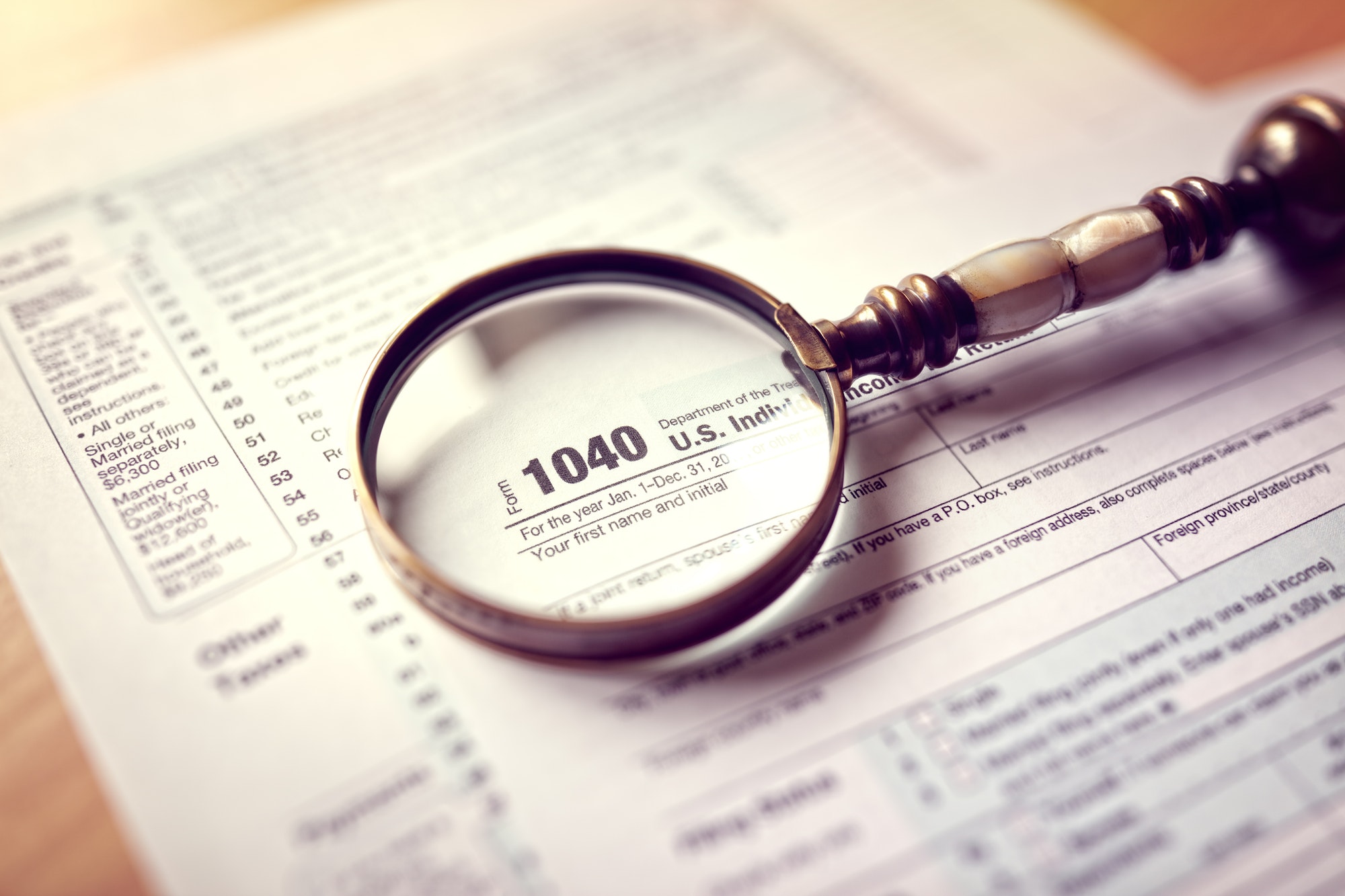ABOUT THE EVENT
HUD’s mission is to create strong, sustainable, inclusive communities and quality affordable homes for all. HUD is working to strengthen the housing market to bolster the economy and protect consumers; meet the need for quality affordable rental homes; utilize housing as a platform for improving quality of life; build inclusive and sustainable communities free from discrimination; and transform the way HUD does business.
This program will provide answers to these important questions:
- How does Section 3 differ from the Minority Business Enterprise/Women Business Enterprise programs?
- How are “low income” and very low income determined?
- What is a Section 3 covered project?
- Who is considered a recipient of Section 3 funding?
- What is Section 3 covered assistance?
- What does “To the Greatest Extent Feasible” Mean?
- What does the term Section 3 resident mean?
- What does the term Section 3 Business Concern mean?
- How does Section 3 differ from the Minority Business Enterprise/Women Business Enterprise programs?
- How are low-income and very low-income determined?
- What are metropolitan areas and non-metropolitan counties?
- What is a new hire?
- Can laid-off workers that are re-hired as a result of a HUD-funded project considered new hires?
- What is a Section 3 covered project?
- Who is considered a recipient of Section 3 funding?
- Which recipient agencies (or sources of HUD financial assistance) are required to comply with Section 3?
- What is Section 3 covered assistance?
- Are maintenance projects covered by Section 3?
- Does Section 3 apply to new hiring by a CDBG-Entitlement recipient?
- Does Section 3 apply to new hiring by a Public Housing Authority?
- Does Section 3 apply to other State/local laws?
- What is the relationship between Section 3 and Davis Bacon requirements?
- And more.
The goal of Section 3 is to ensure that HUD-funded projects maximize community benefits and economic opportunities for low-income persons and households. In many respects, Employment Opportunities for Low-Income People (HUD Section 3) encourages funding recipients to document procedures and practices currently used or to better utilize those currently available, to maximize community benefits and economic opportunities for low-income persons and households. This seminar will explore all of the information and resources available to help you understand this program.
Who Will Benefit:
- Property Managers
- Property Owners
- Maintenance Staff
- Tenant Association Members
- Realtors






